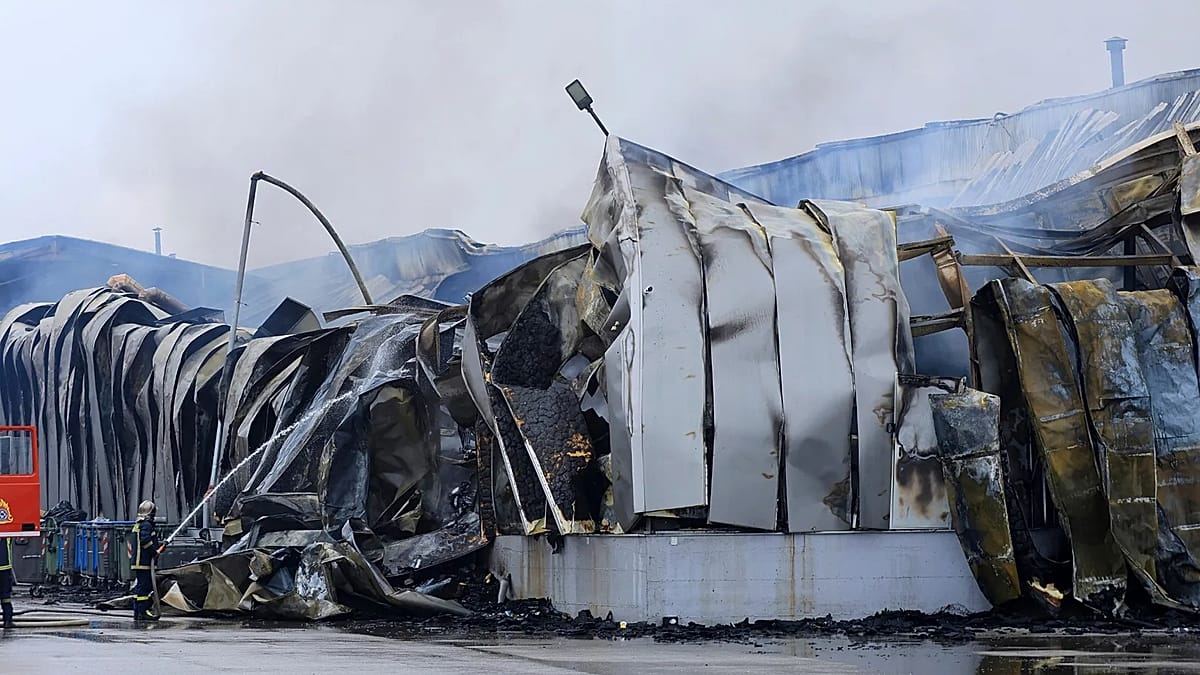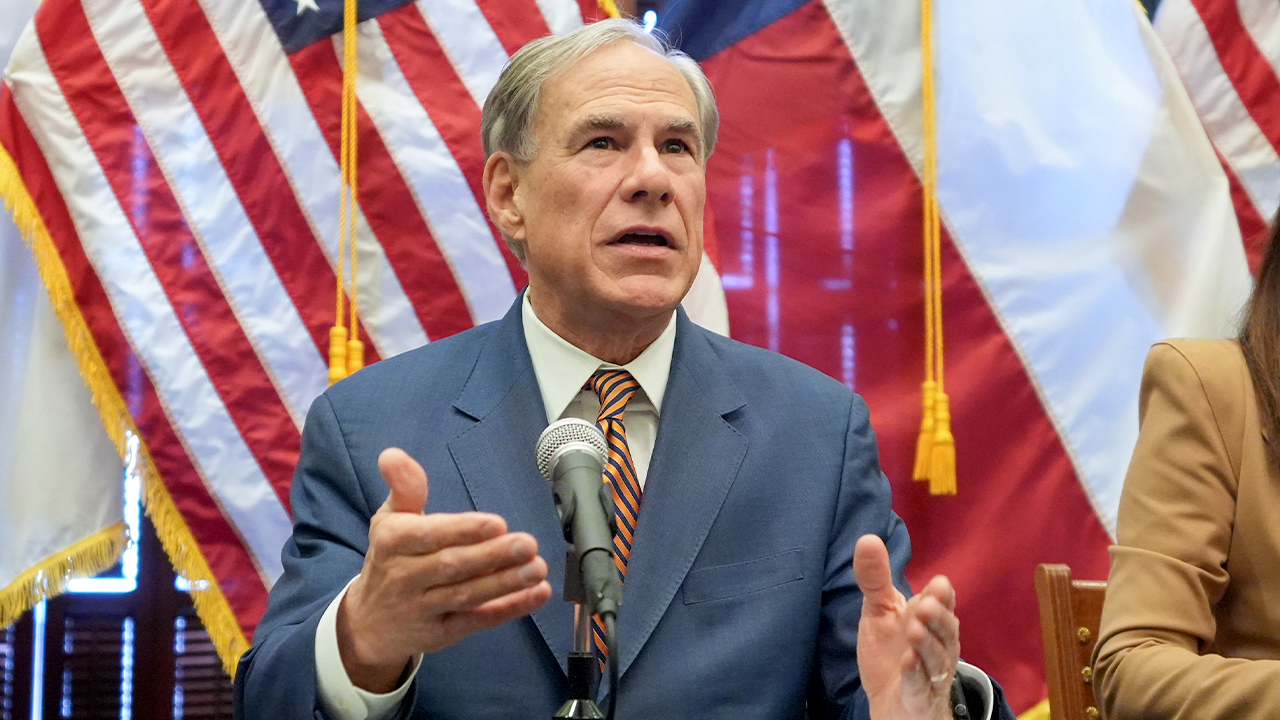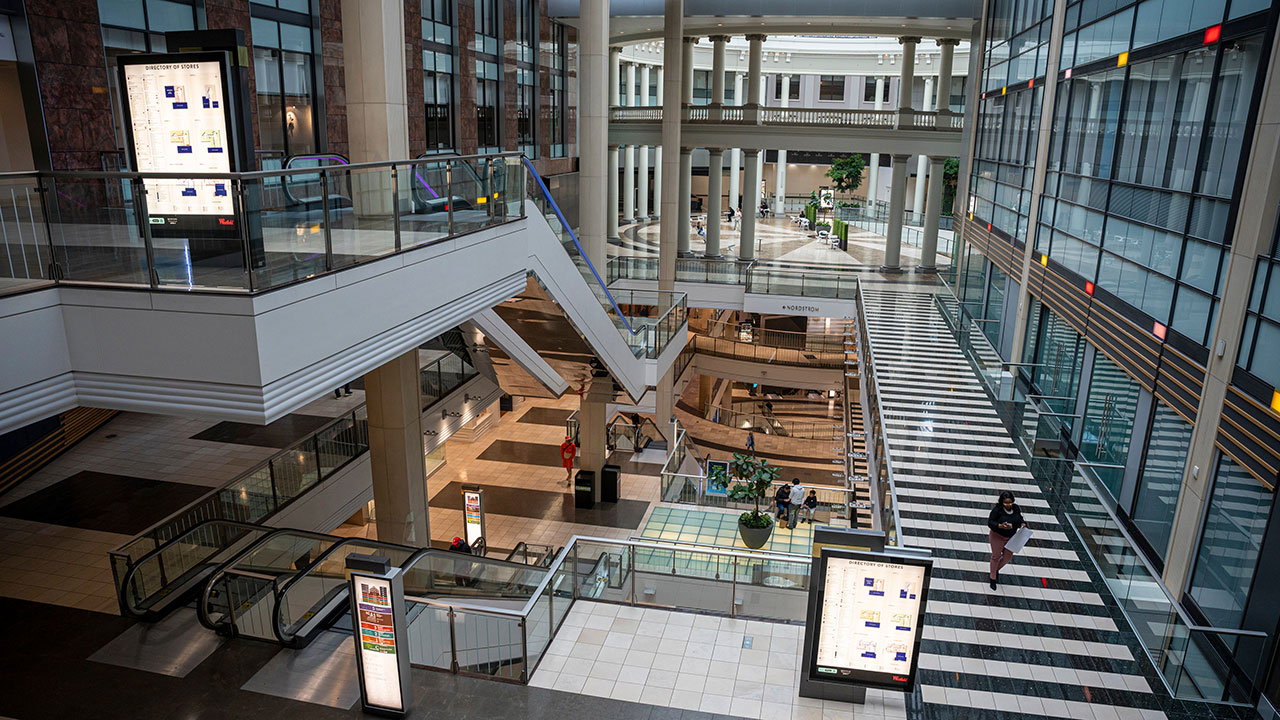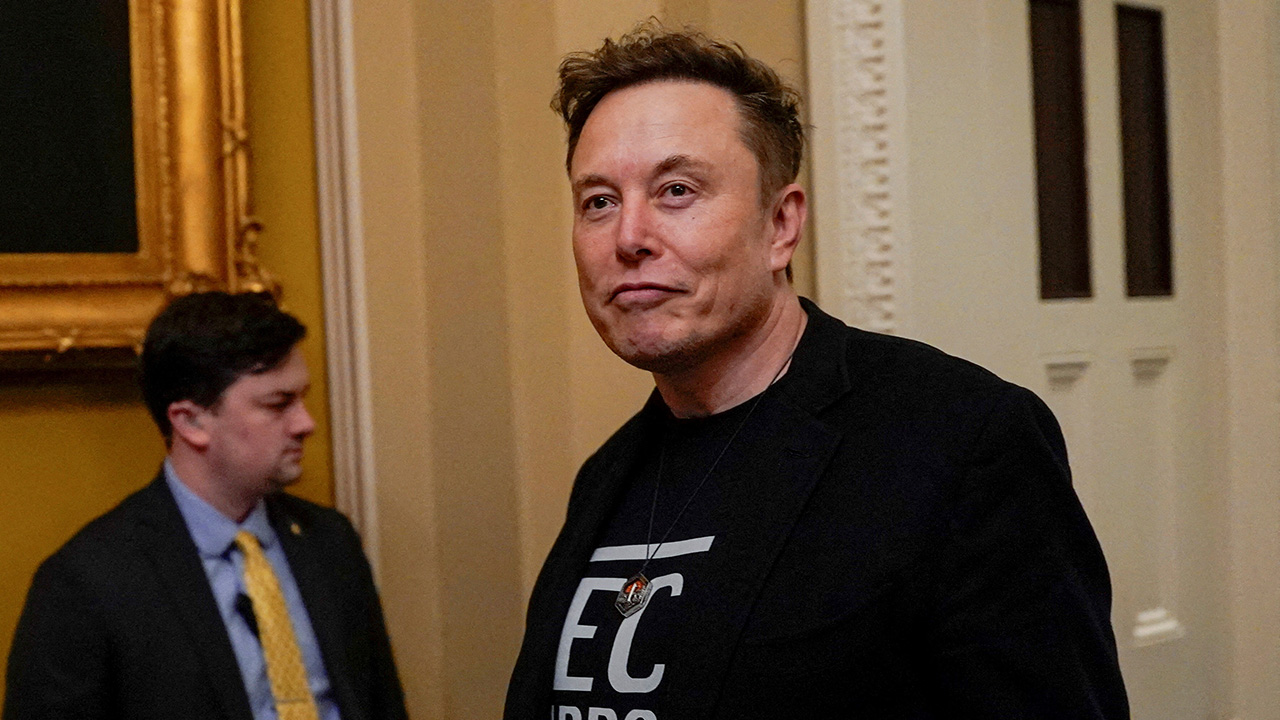British BioTech startup EnsiliTech raises €5.2 million to cut cold-chain costs in biopharma transport
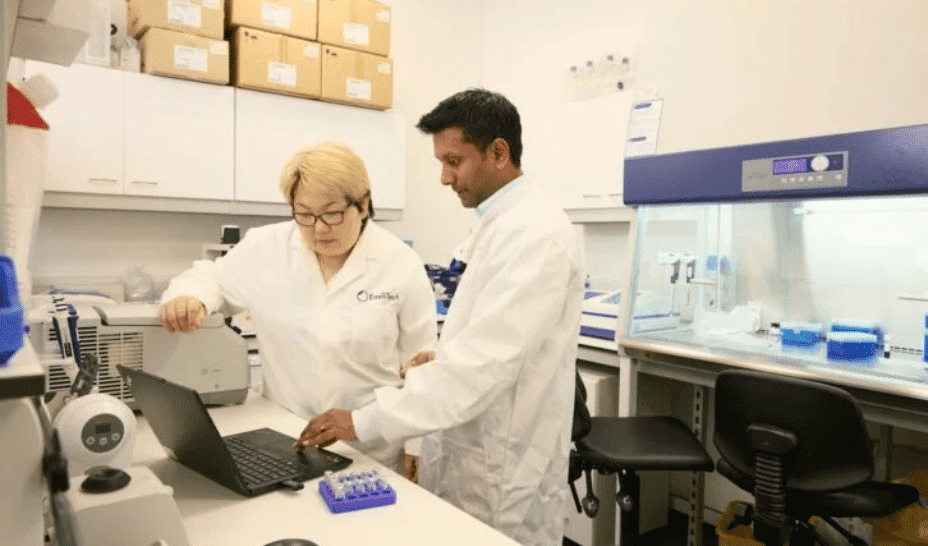
EnsiliTech, a Bristol-based BioTech startup, has secured €5.2 million in Seed funding to revolutionise the way life-saving medicines are stored and transported globally.
The round was led by Eos Advisory and joined by Calculus Capital, Empirical Ventures, Fink Family Office, QantX, Angel Investors Bristol (AIB), HERmesa, Penn Park Capital, chANGELS, and several individual angel investors.
“Our mission is to ensure that life-saving medicines and vaccines reach everyone, everywhere, regardless of infrastructure or geography. By eliminating the need for refrigeration, our technology significantly reduces supply-chain costs and drug waste, while also lowering the environmental impact of pharmaceutical distribution.
“This investment is a major step forward for the team, and we’re thrilled to have the backing of partners who share our vision for a more equitable and sustainable future in global healthcare,” said Dr Asel Sartbaeva, Co-founder and CEO of EnsiliTech.
Founded in 2022, the company has developed a patented technology that stabilises biopharmaceuticals – including vaccines, antibodies, and enzymes – at temperatures of up to 50°C, making cold storage obsolete.
EnsiliTech’s innovation, known as Ensilication, encapsulates delicate biological materials within a protective silica layer. This tailored ‘cage’ preserves the medicine’s integrity during transit, even in environments with poor refrigeration infrastructure. When ready for use, the silica shell simply disintegrates, releasing the medicine in its active, unaffected form.
“EnsiliTech has the technology to transform how vaccines and other therapeutics are transported and stored. Reducing wastage, reducing cost and vastly improving health outcomes across the globe, this kind of science and this scale of potential sits at the core of our investment thesis at Eos,” said Anne Muir, Director of Portfolio at Eos Advisory.
The problem it seeks to solve is a costly one. The global pharmaceutical industry suffers an estimated €30 billion in losses annually due to failures in the traditional cold-chain system, which requires vaccines and biologics to be kept refrigerated or frozen throughout storage and transport. In some parts of the world, particularly developing countries, up to 50% of vaccines are rendered unusable due to inconsistent refrigeration, according to WHO estimates.
The fresh capital will allow EnsiliTech to accelerate adoption of its technology by expanding its team and infrastructure, while also conducting crucial validation studies to integrate its process into pharmaceutical manufacturing pipelines. The company raised €1.3 million in a previous funding round in 2023.
“The potential applications for vaccines and antibody treatments are transformative, with the ability to improve accessibility and enhance patient care across global health systems. We look forward to collaborating with Asel and her talented team, whose deep market understanding, and expertise position them for exceptional success,” added Elizabeth Klein-Edmonds, Investment Director at Calculus Capital.
In addition to its scientific achievements, EnsiliTech stands out for its leadership. The startup boasts a predominantly female-led R&D and executive team. This emphasis on inclusivity also contributed to backing from HERmesa, an investor group dedicated to funding women-led companies.
“We believe EnsiliTech has the potential to become the category leader in biologics thermostabilisation, unlocking new global markets for vaccines, mRNA therapies, and antibodies. Our conviction is grounded in data: demonstrated technical efficacy, early in vivo safety validation, and live commercial negotiations with billion-euro pharma partners. This is an investment where we see the opportunity for both strong financial returns and significant global health impact,” said Johnathan Matlock, Co-founder of Empirical Ventures.
The post British BioTech startup EnsiliTech raises €5.2 million to cut cold-chain costs in biopharma transport appeared first on EU-Startups.




















